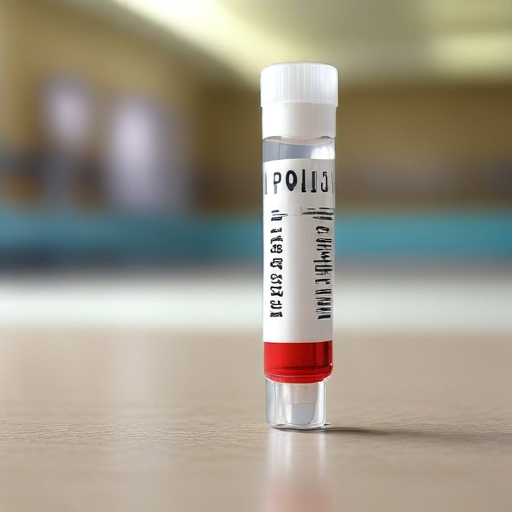In 1955, a significant breakthrough in medicine occurred when Jonas Salk’s polio vaccine was announced to be “80 to 90 percent effective” against the debilitating disease that had once caused widespread fear and suffering. This historic moment drew a crowd of 500 medical scientists and 150 reporters at the University of Michigan, while celebrations erupted across the country with pots clanging, horns honking, and factory whistles blaring.
Over the past seventy years, the United States has practically eradicated polio, a disease that once claimed or incapacitated over half a million individuals globally every year. However, a new challenge has emerged. A lawyer for Robert F. Kennedy Jr. has approached the Food and Drug Administration to revoke the approval of the current polio vaccine, a successor to Salk’s original, citing that it hasn’t been tested against a placebo.
Experts, including Dr. Walter Orenstein, who led immunization programs at the CDC during the late 1980s and 1990s, warn that this request could have disastrous consequences. Dr. Orenstein emphasized that while polio has been largely controlled, the virus persists. If a significant number of individuals were to stop getting vaccinated, the result could be a resurgence of outbreaks, particularly since some individuals infected with polio do not exhibit symptoms, allowing the virus to spread without detection until serious illness manifests.
This situation serves as a reminder of the importance of ongoing vaccination efforts and public health vigilance in combating infectious diseases. It highlights the need for continued education and awareness around vaccinations to maintain the progress we’ve made in eliminating diseases like polio. The commitment to science and public health remains crucial as we navigate these challenges, ensuring the safety and health of future generations.
In summary, while the polio vaccine has played a vital role in eradicating the disease domestically, the debate surrounding its approval raises critical concerns about public health and the potential for renewed outbreaks if vaccination efforts wane. It underscores the importance of science-based public health policies and the necessity of continued vaccination as a preventive measure.
